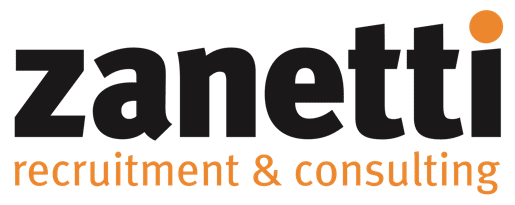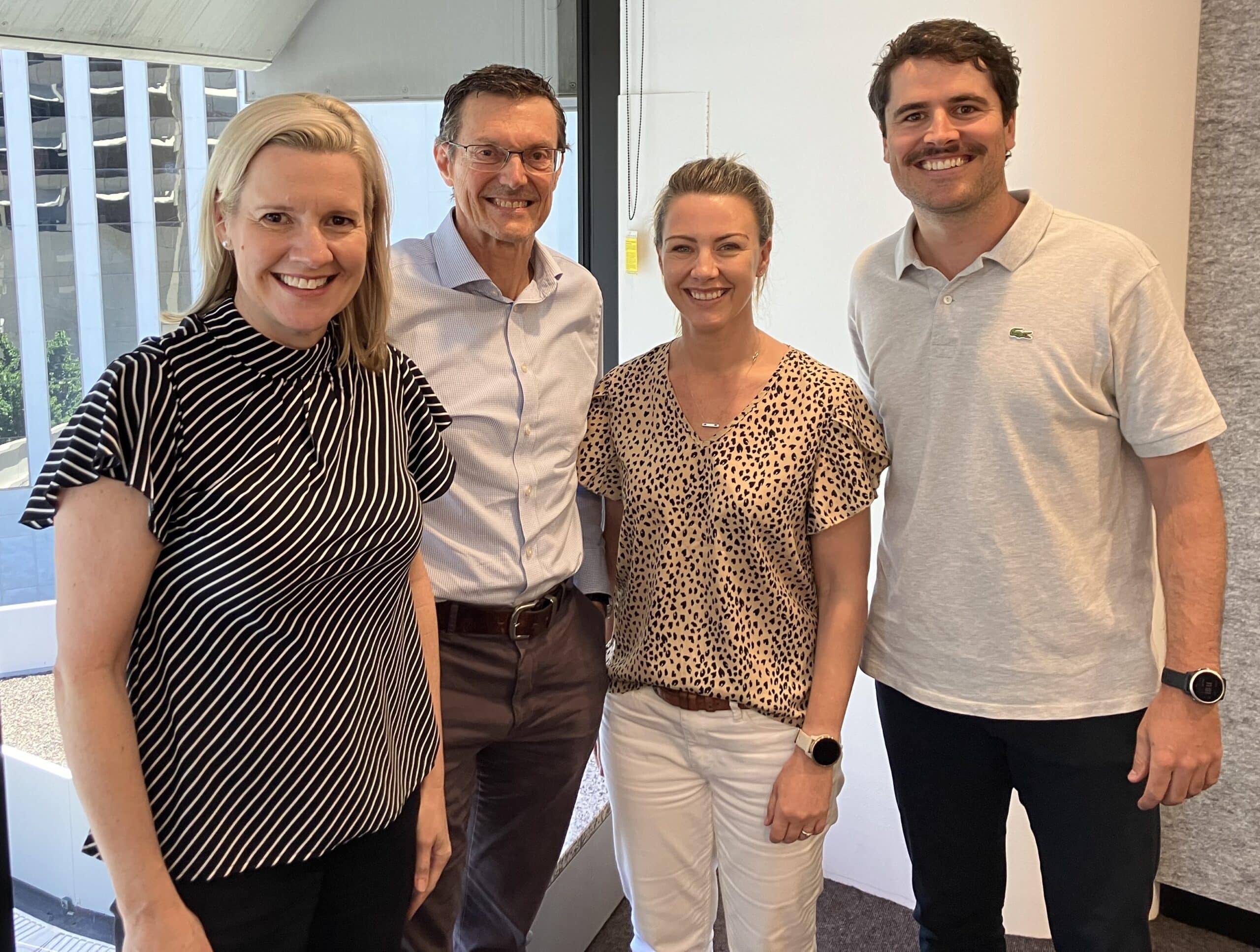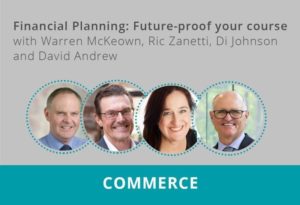We recently employed a new staff member (thrilled to welcome Teegan Watson into the team) and Ben and I made the decision to engage an external Recruitment Consultant to support our process.
This may seem somewhat counter intuitive as we are a recruitment firm! But it makes sense for a number of reasons. We thought its worth sharing our rationale. Although there’s a lot of devil in the details, below is some information that we hope will give you insights into your own process or the importance of outsourcing the recruitment to a professional firm.
Our Thinking
Before addressing what we recently did, it’s worth reflecting on our most recent past experience.
Ben and I had previously recruited a candidate to support our administrative function. We leveraged our long standing relationship with a university to source an individual. Our strategic decision was to identify and train a student with 1 to 2 years left within their degree, someone who has an interest in not just what we do but the industry we support. We recognised that for the right person, we would retain them for approximately two years, provide them with a foundation of skills that could be used when they sourced a full time position and they were committed on a part time basis to supporting us. This was what transpired and the outcome was valuable to both the staff member and ZRC. We chose to embark on this approach as a learning for our recruitment engagement within the university and their cohort of candidates.
In forward planning, we subsequently needed to find a replacement and whilst the role was expanded (required existing experience), on reflection of our process, it was clearly evident that we encountered some of the challenges our clients do. The very reasons why our clients engage us to complete the function for them.
Opportunity Cost
We chose to outsource the function as the opportunity cost was too great to do it ourselves. We have a business to run, clients to engage with, business development to perform and candidates to assess. On assessment, the value of engaging and paying a competent third party far outweighed the financial benefit of doing it ourselves.
Biases/Conflict
Sometimes personal biases can affect judgement. The “mirror effect” (the propensity to employ people similar to us) needs to be put aside as the attributes, characteristics and skills for a role may be different to what the hiring manager is skilled to do. When you handle the recruitment process yourself, there’s a risk of subjectivity in evaluating candidates. This subjectivity can be influenced by personal preferences, cultural fit, or even similarities in background, potentially leading to biased hiring decisions. If you do choose to engage in the hiring process internally, ensure there is more than one person assessing the candidates and a debrief process that encourages different perspectives and can reduce the impact of the mirror effect.
The Recruitment Consultant chosen by ZRC
Why? Because we built a relationship over a number of years, she demonstrated competence and ethics, and we were comfortable with the outcomes she had delivered in the past. We paid her on an exclusive retained basis. That was an amount up front and the balance on signing of the contract.
The rationale? We believe in Susan, her ethics and drive to get the job done. We wanted speed, but not at the expense of due process. We wanted to reward for not just the work done today, but the experience of many successful years supporting businesses and the network she has created.
It incentivises “the right” consultant to do the work because they know they will be paid for a positive outcome. The alternative is contingent engagement where we could accept CV’s from any agency. This encourages the wrong behaviour – little due diligence to get the candidate to the client before another agency and a waning desire to do the work after a few weeks as they may not be paid if their candidate doesn’t get the job.
The Process
1. ZRC Preparation
We needed to articulate exactly what we needed in the role. We created the clarity of function, the attributes the candidate required and updated the position description. We then sat with Susan and briefed her thoroughly on our needs. Susan was inquisitive, as much about the type of person and fit into the team than the skills set required to perform the functions.
2. Retained Recruitment
Susan, Ben and I discussed the advertising campaign and sourcing strategy to attract quality candidates (both passive and active). Susan began the process of identification, completed preliminary telephone screening and then performed face to face behavioural interviews.
3. Candidate Interviews
We were thoroughly briefed on each candidate in the shortlist, their key drivers, characteristics, matched selection criteria, development areas, attributes and general info (salary expectations, availability etc). We chose which candidates to interview based on the information supplied and discussion with Susan. Interviews were completed and we collaborative discussed our experiences, views and primary candidates to progress. Additional questions were developed, second interviews completed and a job performance model assessment completed.
4. Reference Checking, offer management and negotiations
Susan then conducted reference checks and provided a report, liaised with us regarding our final decision, and supported Teegan through the offer process to completion. She respectfully managed and responded to all unsuccessful applicants as this was critical in representing us as a quality employer making considered respectful decisions.
After a rigorous process of identification and assessment of candidates by Susan and three shortlisted candidate interviews by us, we employed Teegan.
Learning – From our own experience and generally when working with clients
- Assess the time and effort invested in managing the recruitment process internally, from sourcing to negotiations. Consider the opportunity cost of not billing for advice and performing other business functions during this period. Job board advertising may attract active job seekers only (possibly not many in a tight market). Outsourcing offers benefits like a comprehensive database, electronic tools, and proactive outreach to identify aligned passive candidates.
- In the current environment, with a lack of aligned skilled candidates, decisions are made that are unproductive and have a poor outcome.
- expediting the hiring process to not miss candidates resulting in inadequate evaluation and screening which risks hiring people who don’t possess the skills
- neglecting cultural fit by hiring on skills alone impacts integration into the business. Possible dissatisfaction for the new staff member and existing team
- Biases and conflict exist in an interview process – Be conscious of the mirror effect and potential subjectivity in evaluation. Have more than one set of eyes in the assessment and engagement with candidates – It’s a team approach.
- Before engaging us, understand what you need, be clear on the requirements of the role and spend the time to brief us on the need and your expectations.
- Having a financial planning degree doesn’t make you a good financial planner. Developing experience, skills, the application of knowledge and continuous learning over many years supported by the discipline and foundations of a degree is what makes a good financial adviser. Choose a recruitment firm with a good history, someone with credibility and proven results more than bums on a seats.
- Treating the end to end recruitment process without due consideration will cost you far more in potential lost productivity and disharmony within the team than the effort and cost to complete it properly.
In conclusion, these are not all considerations in the realm of recruitment. Remember, the journey doesn’t end with the hiring decision; its merely the beginning.
Once your new team member embarks on their role, the critical phases of onboarding, training and ongoing management come into play. Exploring these aspects is a topic deserving of its own dedicated piece, one not necessarily in our wheelhouse. It’s just our attempt to highlight the significance of fostering a holistic approach to talent acquisition AND development within any business.





